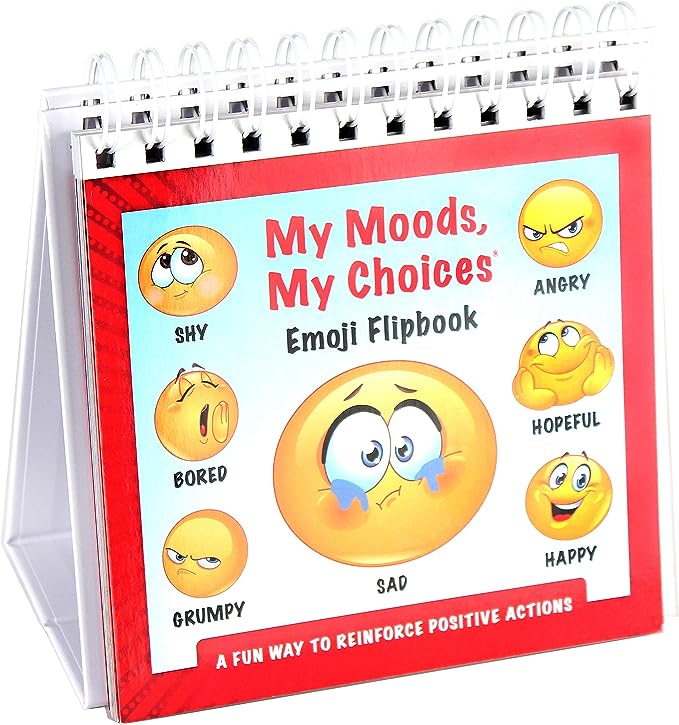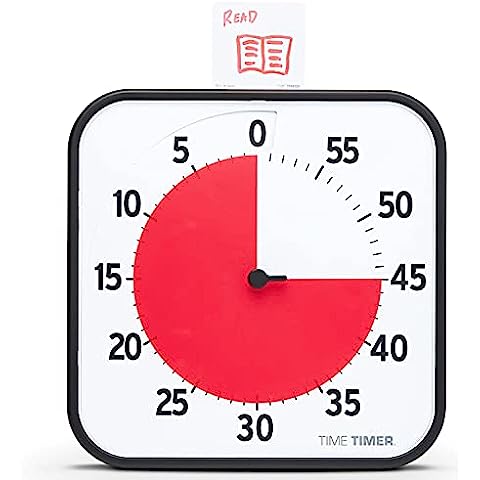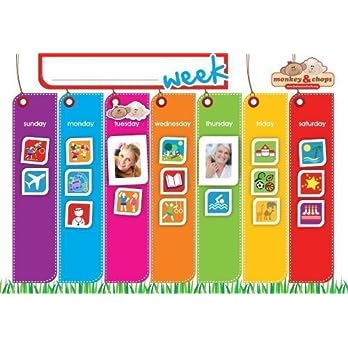Navigating big feelings in my children while staying grounded myself is easily one of the most challenging jobs I’ve had. I developed my passion for parent coaching when I realized the impact my own reactions and parenting approach was on my children’s behavior and started applying my clinical knowledge and experience to this area of my life.
I am committed to helping others get curious about their children’s behaviors and equipping parents with the necessary skills to help them engage with their children in a way that fosters a more peaceful and cooperative home.
While much of this work is internal, I’ve found some amazingly helpful tools for the journey. Here are the five tools I recommend most often.
Good Inside
This book is such a fabulous resource for parents. Not only does it provide many useful strategies to aid in resolving challenging behaviors, but it also encourages curiosity around the motivation behind behavior. By helping parents remember that all kids are inherently good inside, it allows them to look past the observed behavior in order to better understand, and meet, the needs of their children.
Mood Flipbook
I’ve used this book with my son since he was very young. It is a great way to teach feelings and provides children who are not yet verbal with a way to express their emotions. I recommend parents go through each feeling with their children and help them think of times they have felt those emotions. Parents can then use this flipbook in real time to help their children label their feelings. Parents can also discuss the coping strategies provided on the back of each emotion. This flip chart is durable and portable making it easily accessible for both parents and children.
Visual Timer
Transitions are hard! Imagine you are sitting on the couch watching your favorite show when your partner comes in and abruptly turns it off. You protest and say, “Hey, I wasn’t done!” and they respond, “Well, I told you at some point today I would be turning it off.” I don’t know about you, but I’d be livid. Since young children struggle with the concept of time this is how it may feel when they are provided with only a verbal warning. This timer helps kids visualize how much time is left for an activity which allows for smoother transitions and reduces power struggles.
Visual Schedule for Kids
Children do best when they know what to expect. A visual schedule can help children know what to expect as they can see what activities they have that day/week. It helps children anticipate and prepare for upcoming events which can reduce the frequency of questions about their schedule. It can also encourage autonomy as parents can prompt children to look at their schedule if they have questions.
Routine Chart
This interactive chart is great for helping children establish morning and evening routines. I often have parents sit with their kids and ask them what activities they are responsible for completing, such as putting shoes away, putting dishes away after meals, showering, brushing teeth, etc. This chart serves as a visual guide to children and helps them know what is coming next in their routine. It also helps kids feel empowered by allowing them to toggle a button indicating they have completed the task.
By using the tools above, parents can enhance their parenting skills and work to more readily meet the emotional needs of their children which can ultimately lead to less power struggles and increased cooperation in the home.






